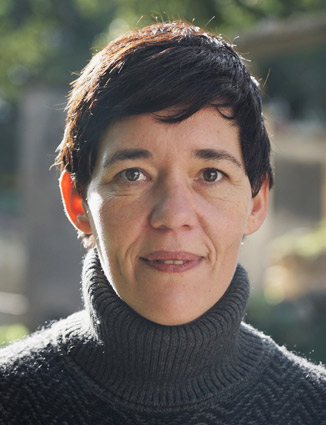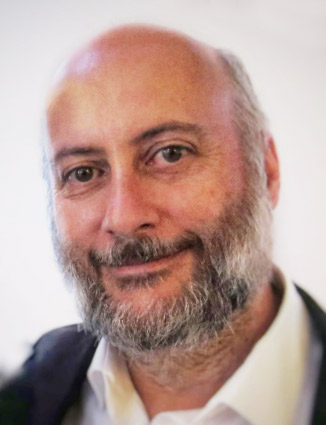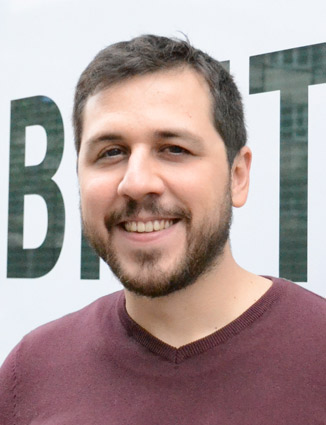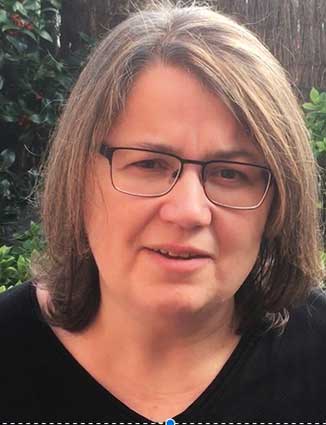This specialisation course, now in its second edition, deals with accessibility management from a broad perspective, with an emphasis on accessible communication and information. The course offers an introduction to key concepts such as diversity, accessibility and universal design, with creators and professionals who want to create content for all in mind, as well as managers of different public and private sectors (culture, education, councils, etc.) who want to incorporate accessibility in their working environments.
Main facts
- Starting 26 September 2022, online. 12 weeks (6 ECTS).
- 50 available places.
- Professional orientation.
- Price: 420 €.
- Languages: English.
- Structure:
- Unit 1 (2 weeks). Key concepts and models in accessibility.
- Unit 2 (2 weeks). Defining users, scenarios and services.
- Unit 3 (2 weeks). Legislation.
- Unit 4 (2 weeks). Standards and guidelines.
- Unit 5 (2 weeks). Technology for accessibility.
- Unit 6 (2 weeks). Managing and promoting accessibility: case studies.
How to enrol:
- More information on how to request admission and enrol is on UAB’s specialisation courses’ website.
TRAINERS
 |
Estel·la Oncins, course facilitator Estella Oncins holds a Phd in Accessibility and Ambient Intelligence from the Universitat Autònoma de Barcelona. She is a member of TransMedia Catalonia research group. She has a large experience in providing accessibility for live events as a freelance translator, subtitler, surtitler and respeaker for Spanish television companies and conferences, and as an audio describer for Liceu Opera House. Her research areas are audiovisual translation, media and digital accessibility and creative industry. She is currently involved in the Education and Outreach Working Group (EOWG) from W3C/WAI. She is a partner in KA2 LTA, IMPACT and IDE@. She is also a partner in H2020 projects HELIOS and MEDIAVERSE. |
 |
Simao Campos, invited lecturer (ITU-ONU) Simão heads the secretariat for ITU’s Study Group 16 (on multimedia standards including audio and video coding, accessibility, digital health) and Focus Group on AI for health (FG-AI4H). His standardization experience started in 1989 with voice compression standards, and has managed the development of some notable technical standards, including Primetime Emmy recipients H.264 AVC, H.265 HEVC and JPEG; as well as ITU/WHO H.870 Safe Listening Devices and H.810-series Continua Design Guidelines. Prior to joining ITU, Simão was a Scientist at COMSAT Labs, USA, and a researcher at Brazil’s CPqD telecom research center. A Senior Member of the IEEE, author of academic and position papers, he organized the first ITU Kaleidoscope Conference. |
 |
Alejandro Moledo, invited lecturer (disability advocate and accessibility policy expert) Alejandro Moledo coordinates EDF’s advocacy work towards the European Parliament, and focuses on policies concerning political participation and accessibility for persons with disabilities to Information and Communication Technologies (ICT), as well as EDF involvement in standardization activities. Additionally, he also supports the work of the European Parliament Disability Intergroup as its secretariat. Among other areas, Alejandro Moledo has developed policy positions and recommendations regarding web accessibility, audiovisual services, electronic communications, and accessibility requirements for other ICT products and services. Alejandro moledo holds a Bachelor’s degree with honours in Journalism from University of Valencia as well as a Master’s degree in political and corporate communication from University of Navarra and George Washington University. Alejandro Moledo is also member of the Spanish Blind Organisation (ONCE), for which he worked as a journalist and regional representative of young visually impaired people inside the organisation (2008-2011). |
 |
Anna Matamala, course director Associate Professor, Universitat Autònoma de Barcelona. Leader of Transmedia Catalonia research group, Anna Matamala has participated and led many funded projects on audiovisual translation and media accessibility. She has led EASIT, a project on easy-to-understand language in audiovisual media. EASIT has produced training materials which will be used in this specialisation course. Anna Matamala is involved in standardisation. More information on Anna’s website. |